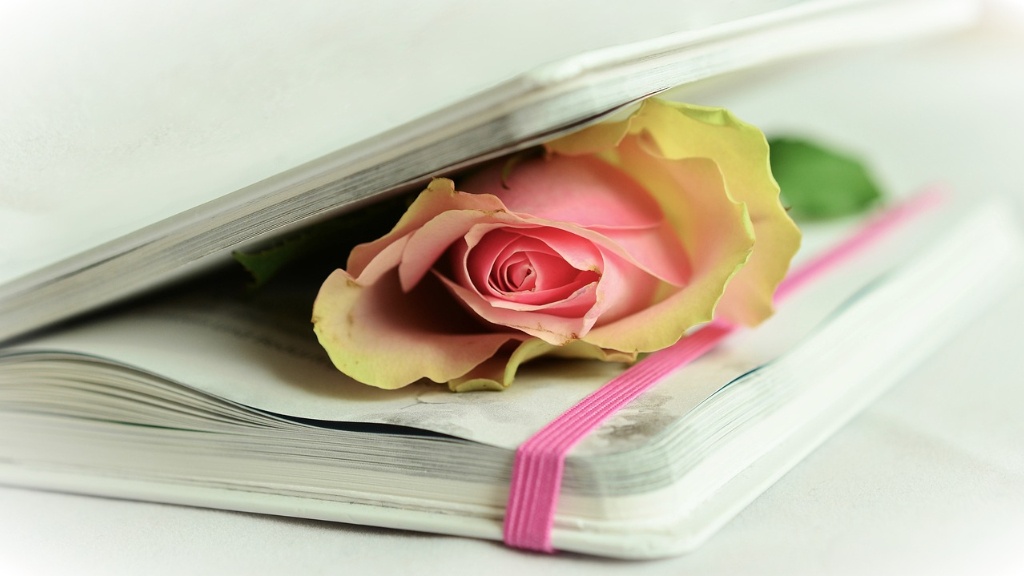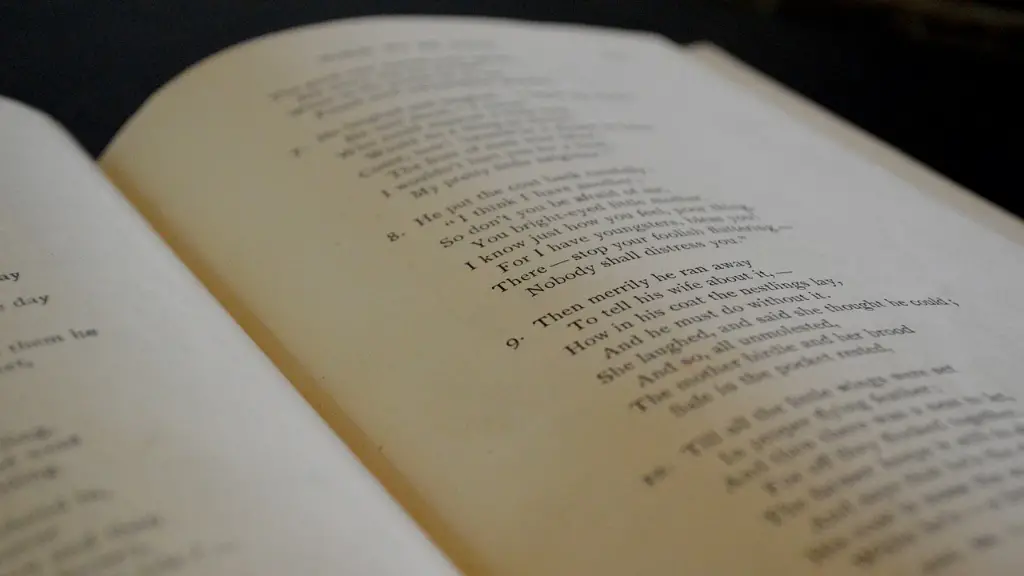Understand the Tone
When responding to someone’s poetry, the first thing to do is to tune into the author’s tone. Does it feel happy, sad, enlightening, or thought-provoking? It is important to note both the emotional and intellectual qualities the poet is trying to convey. Pay close attention to the overall atmosphere the poem is creating and consider what themes or interpretations you can discover from it. To get an even deeper understanding of the poem, look out for any recurrent images or motifs that may be repeated throughout.
Discuss the Poem in Depth
Once you have a good handle on the tone and imagery of the poem, try to have an open conversation about the poem with the author. Address the questions that arise for you concerning the poem and ask them to clarify any points of confusion. This is your chance to dig deeper into the poem and uncover any underlying meanings. Ensure the conversation is respectful and understanding of the poet’s feelings. This can be an opportunity to not just understand the poem but to discover more about the writer’s personal life.
Use Empathy
When responding to someone’s poetry, it is important to be mindful of the writer’s emotional state. Avoid being overly critical of the poem, as your comments may be interpreted negatively. Instead of outright criticism, try shifting the focus more towards understanding how the author is feeling and where their poem is coming from. Drawn out lines of questioning and careful annunciation can help a speaker open up about their perspective and the emotional significance their words have.
Make Constructive Suggestions
If you find yourself in the position of giving your fellow poet constructive feedback, be sure to highlight the positive aspects of the poem first. It is important to be thoughtful of how you phrase your comments, as too many negative remarks could be disheartening to the author. Offer up suggestions in a way that encourages them to expand on these ideas themselves. You can also discuss the potential of their writing and help them explore their creative potential.
Be A Listening Ear
Although constructive criticism can be beneficial to a writer’s development, it is also important to remember that responding to someone’s poetry is more than just offering critiques. A valuable contribution can also simply be to listen to the poem with an understanding ear. Share in their experiences and provide your support. Having a safe space to express oneself is especially important when talking about scenarios that evoke powerful emotions.
Provide References
For those who are unfamiliar or not as experienced with writing poetry, it can be helpful to guide them in the right direction by suggesting some useful references. Whether it be a book, article or video, giving someone some guidance may encourage them to keep exploring and growing as a poet. It can be useful to provide outside resources that the writer can refer to in order to gain more dexterity and increase their knowledge of poetry.
Practice Makes Perfect
The best advice when it comes to improving one’s poetical abilities is the same one applicable to any discipline- practice. Learning poetry well takes time and passion, and can take many forms. Encourage your friend to spend time reading and appreciating poetry, not just writing it. You can even suggest that they create a writing exercise that requires them to write every day. With patience and persistence, a poem has the potential to become a truly great work of art.
Explore Other Genres
One of the best ways for a writer to learn and grow is to experiment with different genres outside of their comfort zone. Nudge your friend to explore other styles of poetry such as spoken word, haiku and sonnets. Having a go at different mediums can help them find creative freedom and discover what they are capable of. Who knows? They may even surprise themselves with their newfound skills.
Open Up Other Forms of Expression
Poetry is a powerful form of expression, but it is not the only one. Writing, drawing and music are just some of the other creative outlets that can be used to express oneself. As someone responding to the poet, try to open up these different paths of expression and provide encouragement for them to open up their creativity even more. Encouraging dialogue and exploration in these other avenues can help spark new ideas and provide a refreshing new perspective for them.
Celebrate Success
It is always rewarding for a writer to have their hard work acknowledged and appreciated. Show your support by congratulating them on any successes and amplifying their message. Not only does this brighten their day, but it also encourages them to keep pushing forward and to share their art with others. Ultimately, it is through moments like these that writers are able to believe in themselves and the power of their words.


